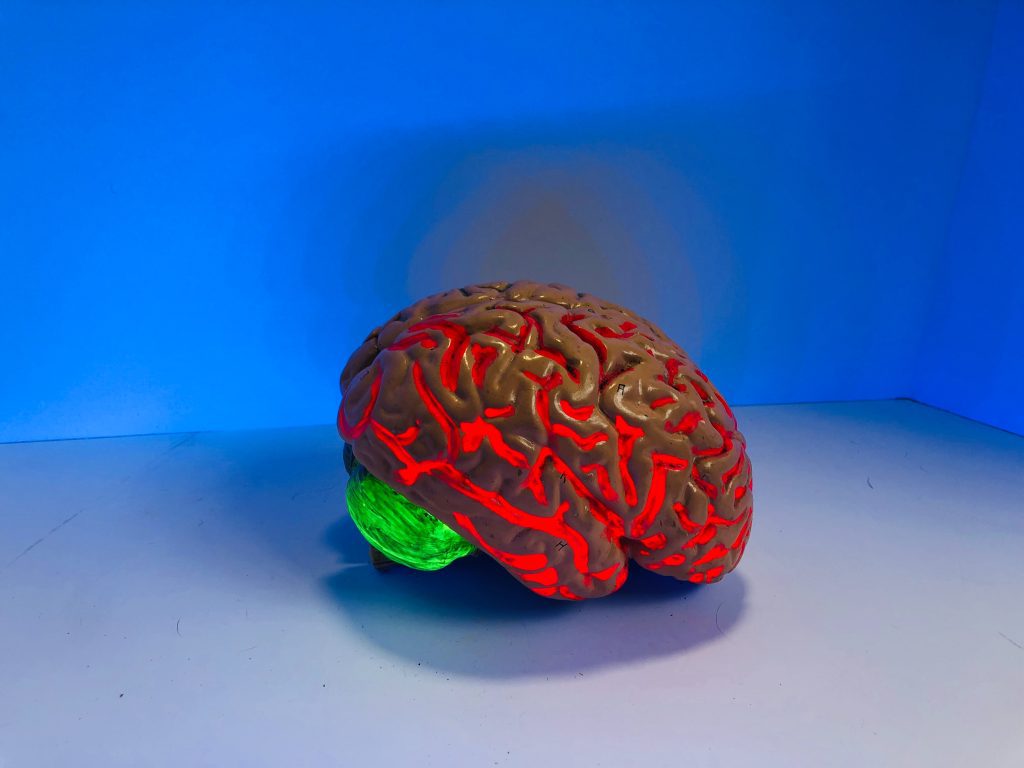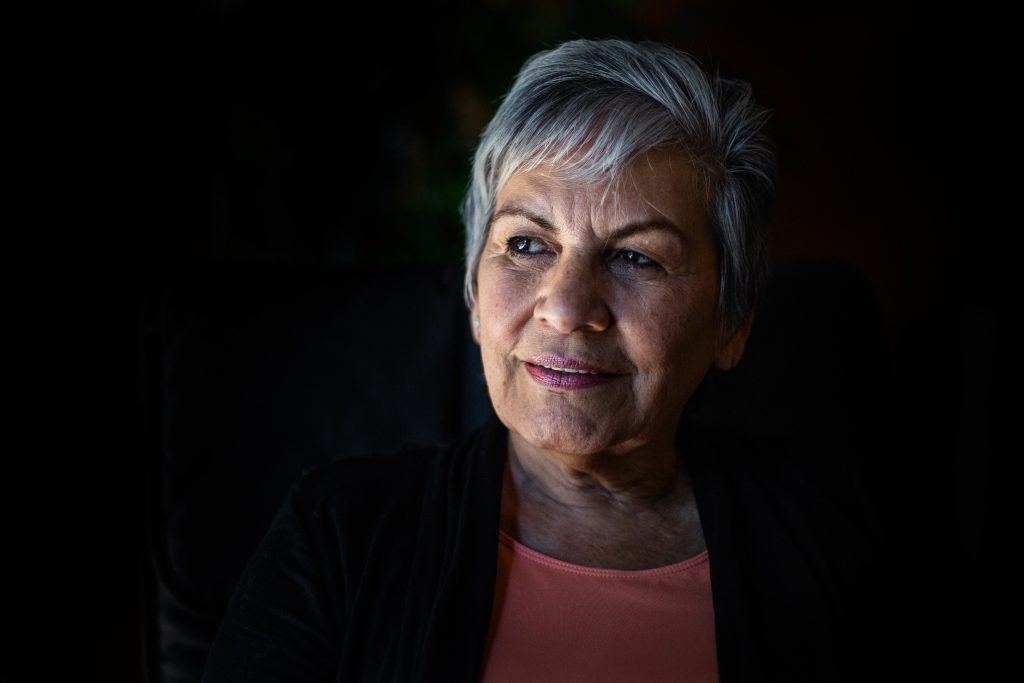Alzheimer’s Early Detection: How A Sensor Could Help Doctors
Alzheimer’s is a brain disease that can rob you of your loved ones. It’s a neurodegenerative condition that affects most people over the age of 65. The percentage gradually increases with age, from 13% of Americans aged 65 to 74 to a whopping 30% of Americans aged 85 or older. The medical community cites a significant concern regarding how we conduct our diagnosis process.

Correct diagnosis is the first step to treatment and care for the patient. It usually takes around eight years for a patient to show any symptoms. The onset of the disease may start as early as 40-50 yrs. The early symptoms are a gradual loss of memory, confusion, and ultimate loss of independence since they lose the ability to talk and ability to do anything by themselves.

A revolutionary new sensor headed by the Bochum research team promises to deliver detection 17 yrs before any clinical symptoms show. The immuno-infrared sensor works by detecting misfolding of proteins. Many neurodegenerative illnesses, including Alzheimer’s, are caused mainly by improperly folded proteins (ALS). The device analyzes plasma from the patient and compares it gradually through the patient’s life.

The Bochum Research team, headed by Hermann Brenner and Klaus Gerwet, aims to bring early diagnosis using this method. Their objective is to halt the disease at the symptom-free stage. The FDA approved the device in Spring 2021, and the team is excited to bring their inventions to the masses finally.
The revolutionary sensor succeeds, whereas clinical trials often fail. This is a welcome technology progression in the medical fraternity.
